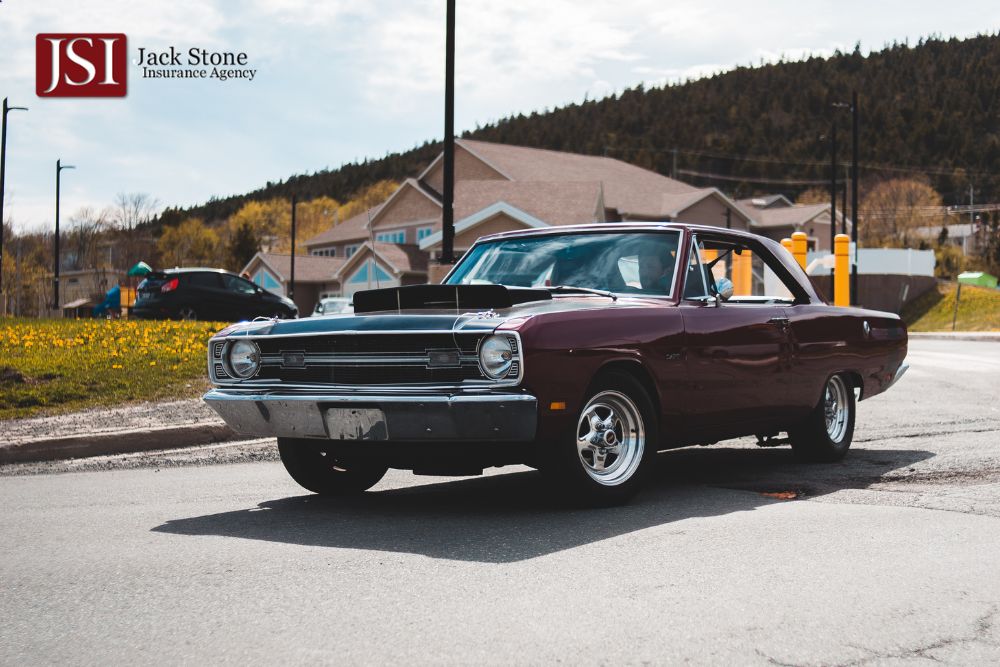Classic Car Insurance Demystified: Understanding How It Works

Most classic car owners go the extra mile to ensure their car is in prime condition. Another priority for them is providing maximum protection for their prized possessions by getting the right classic car insurance coverage.
This blog discusses several important insurance-related aspects you must know if you are a classic car owner searching for the best insurance solutions for your vehicle.
What Is a Classic Car?
The Classic Car Club of America defines a classic car as a fine or distinctive American or foreign-built automobile manufactured between 1815 and 1948. They are high-priced, top-end, limited edition cars with high engine displacement, bespoke coachwork, and luxury accessories.
For insurance purposes, a classic car is a vehicle that is at least twenty years old but not older than forty years old and preserves its original design and specifications. However, the criterion for your car to be classified as a classic car may vary from one insurance provider to another.
Types of Cars That Classic Car Insurance Covers
Classic car insurance coverage includes classic cars with limited use that may consist of exhibitions, parades, or classic club events.
Your insurer may deny coverage if you use your classic car as:
Daily use vehicle
Commercial vehicle
Recreational vehicle
You may qualify for classic car insurance coverage if you own any of the following vehicles:
Classic cars
Antique cars
Replicas and kit cars
Vintage cars
Military vehicles
Classic tractors
Race cars
Muscle cars
Trucks
Fire trucks
Modified vehicles
Newer Post-1980 collectibles
Types of Coverage Included in Classic Car Insurance
Standard classic car coverage is similar to the coverage offered in auto insurance policies. They include:
Liability insurance
Collision insurance
Comprehensive insurance
Uninsured/underinsured motorist insurance
Besides the above, there are certain optional classic car insurance coverages that you may consider, such as:
Traveling Insurance: If your classic car breaks down, it covers your food, accommodation, and rental vehicle expenses.
Coverage for Spare Parts: It covers repair and replacement costs for spare parts and tools needed for your classic car’s maintenance and restoration purposes.
Auto Show Medical Reimbursement: It covers third-party injuries during an event where your classic car is featured as an exhibit. It includes medical treatment costs regardless of fault.
Roadside Assistance Insurance Benefits for Classic Cars
If your classic car suffers a breakdown on the road, you can benefit from roadside assistance coverage of your classic car coverage for the following issues:
Towing services for mechanical hitches
Locksmith services if you accidentally are locked out
Fuel delivery services if your car stops due to no gas
Insurance Payout Options for a Totaled Classic Car
Since classic cars’ value does not depreciate over time, you may have certain payout options if a covered peril totals your car. They include:
Agreed Value: You agree on the compensation value based on your car’s appraisal value.
Stated Value: It is the value stated in your policy at the time of insurance purchase.
Ensure Maximum Protection for Your Classic Cars with Jack Stone Insurance Agency
The right classic car insurance coverage ensures maximum protection for your prized car. At Jack Stone Insurance Agency, we offer customized insurance based on your unique needs. Contact us today to know more. Call us at (925) 516-7934 for further assistance.







